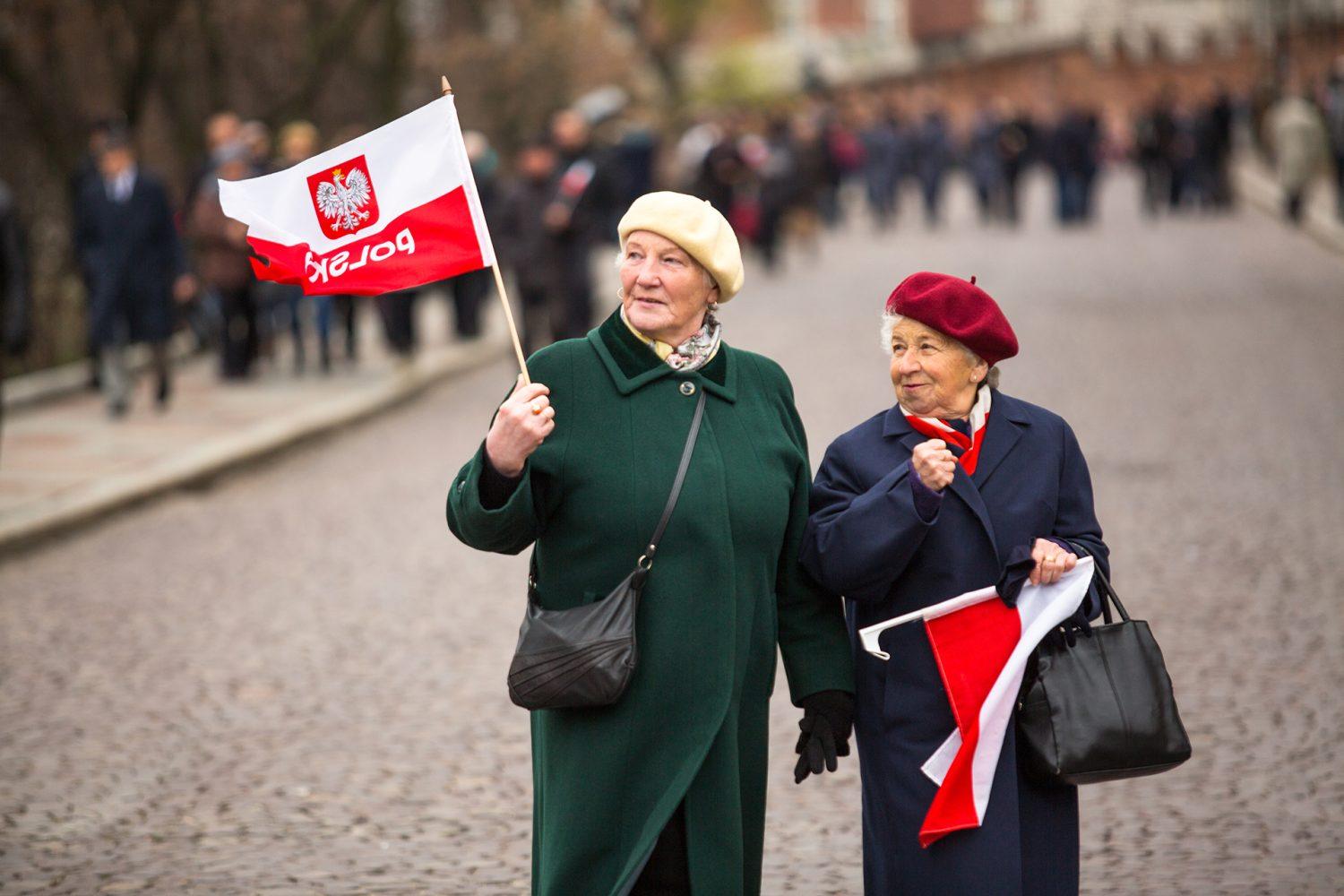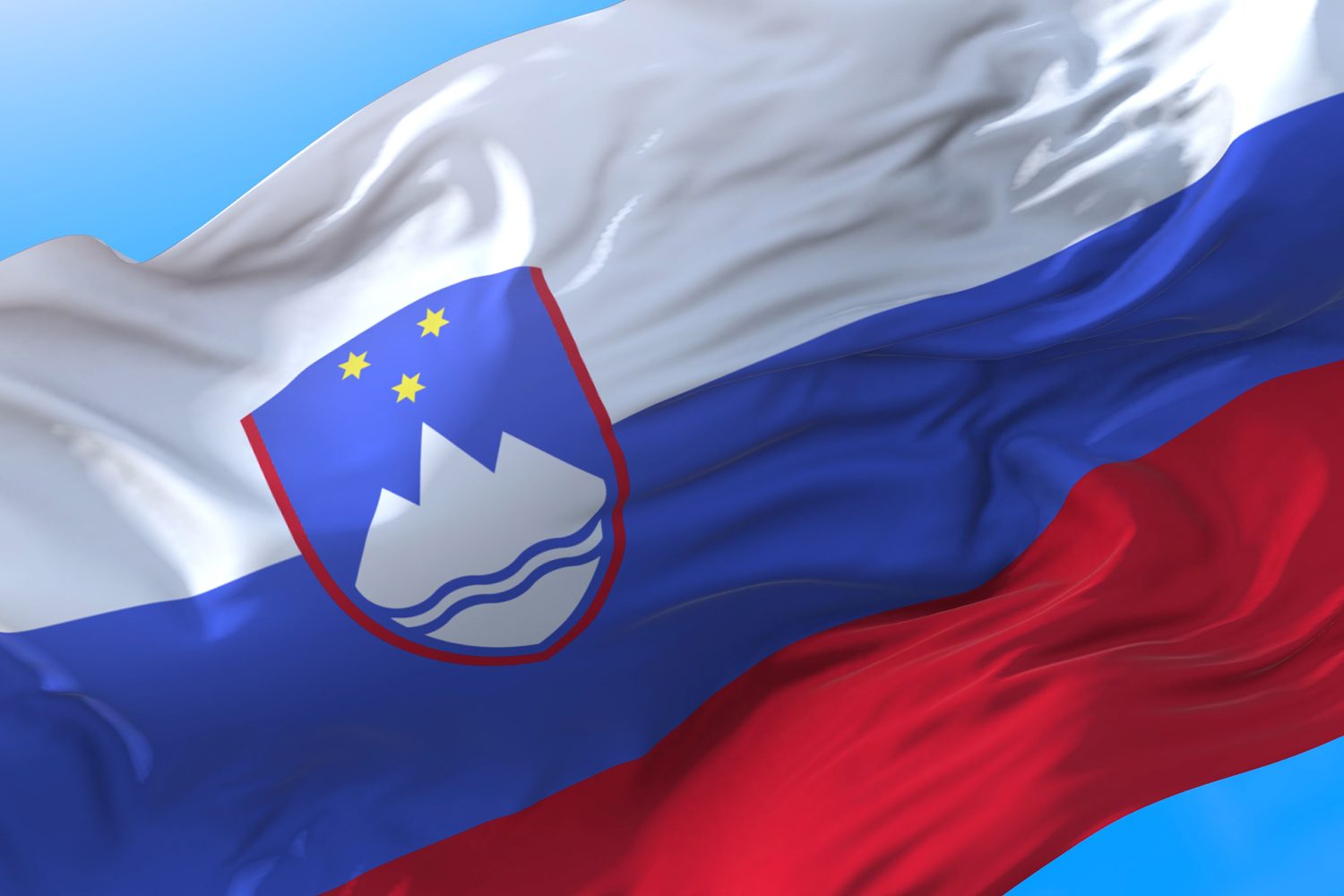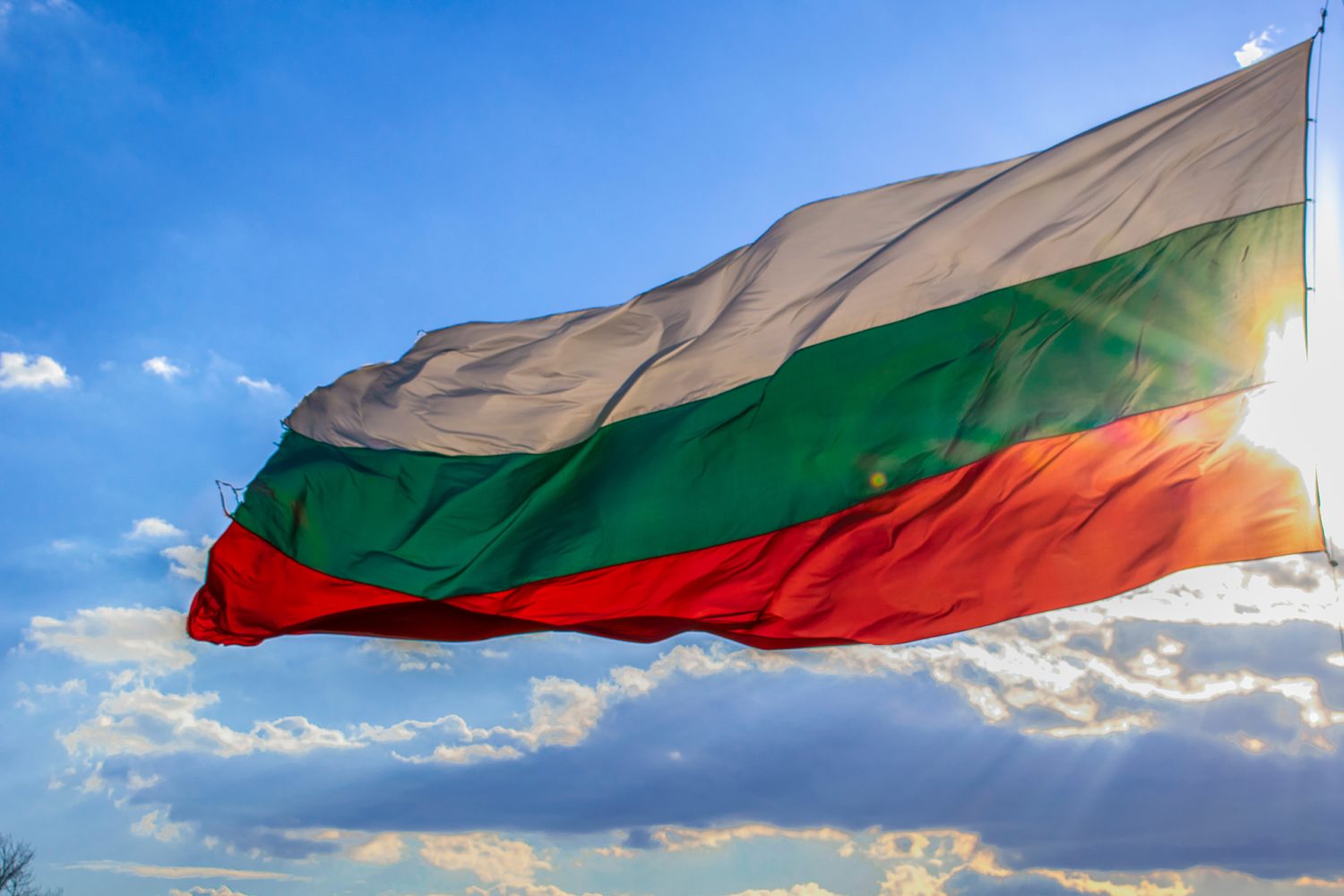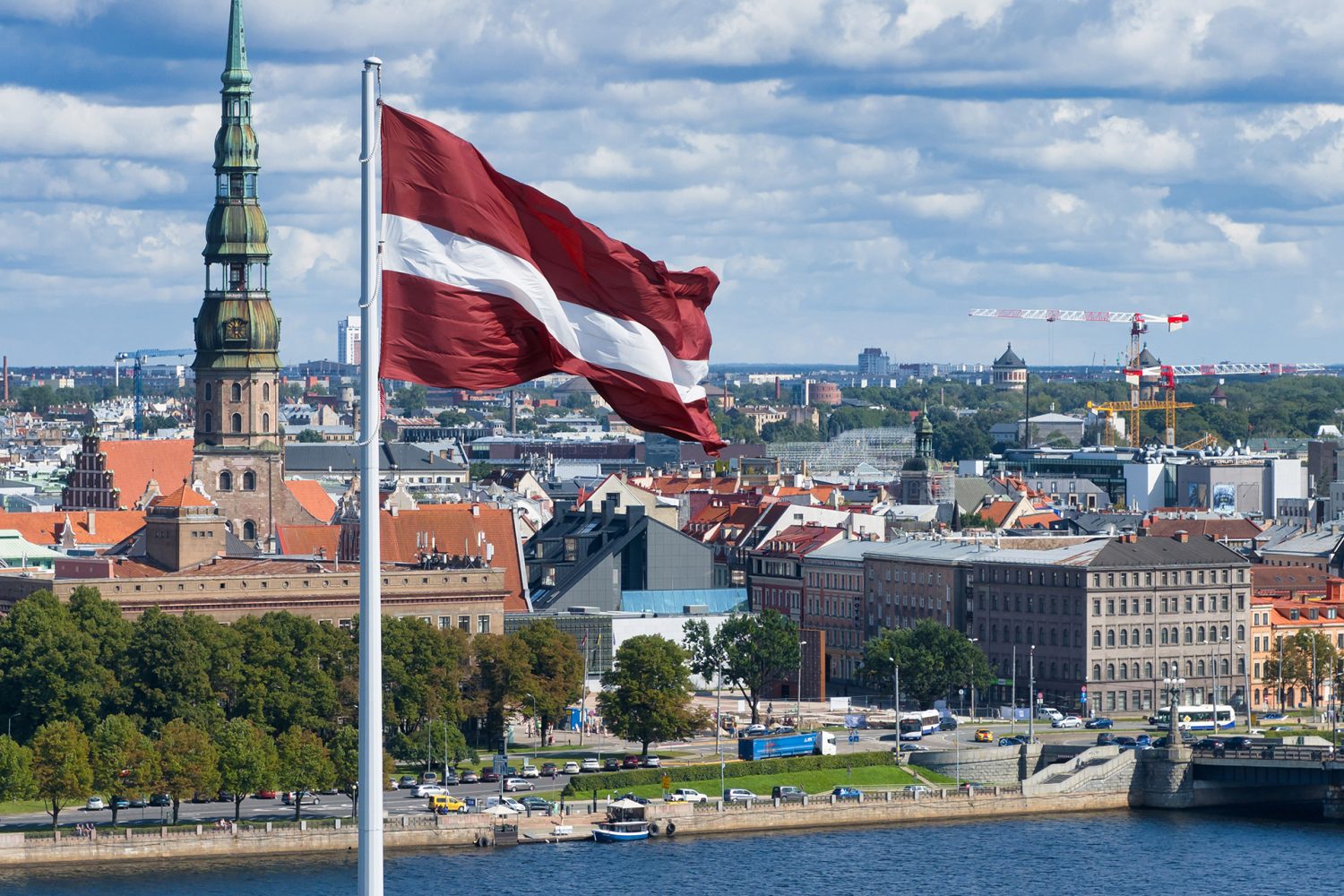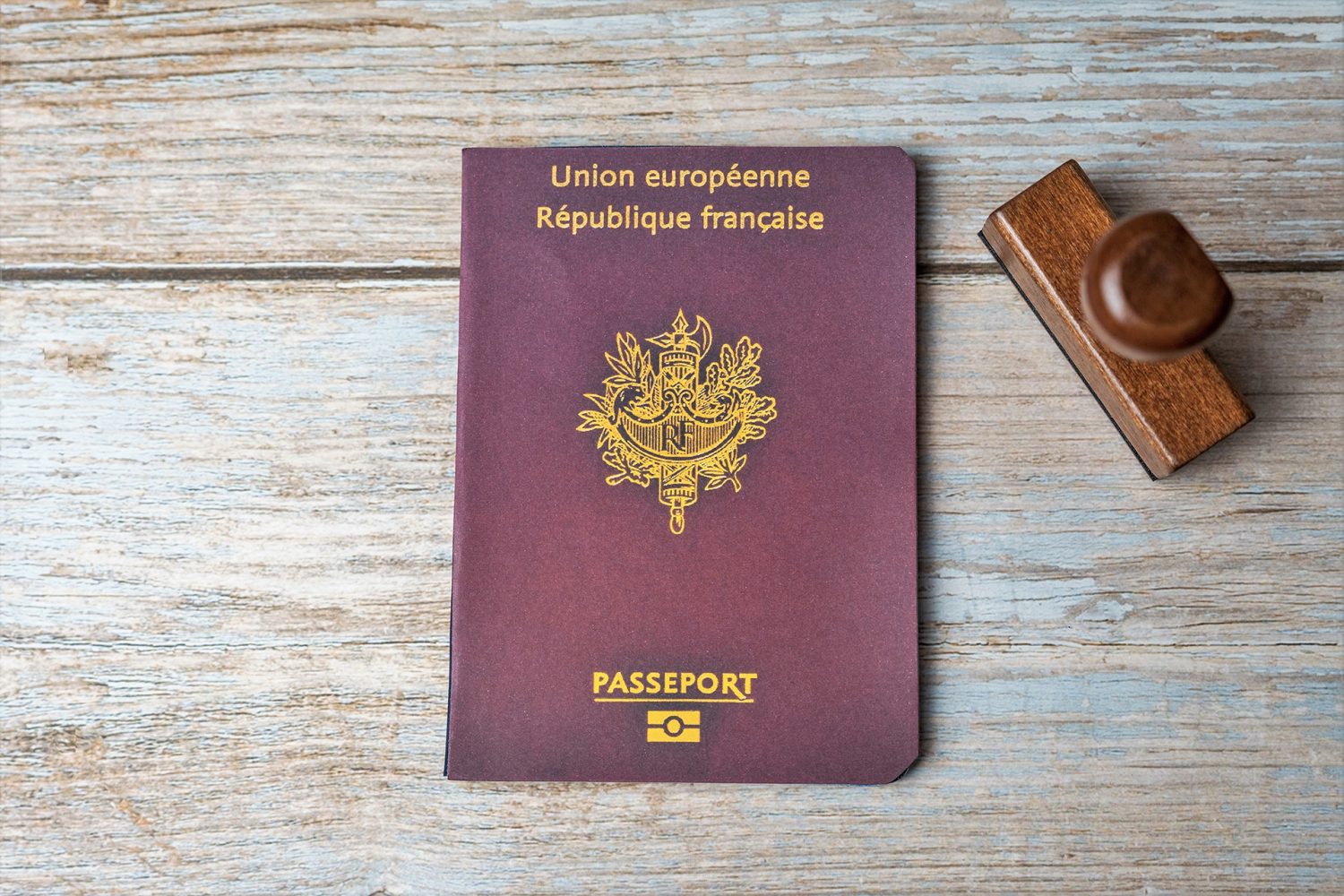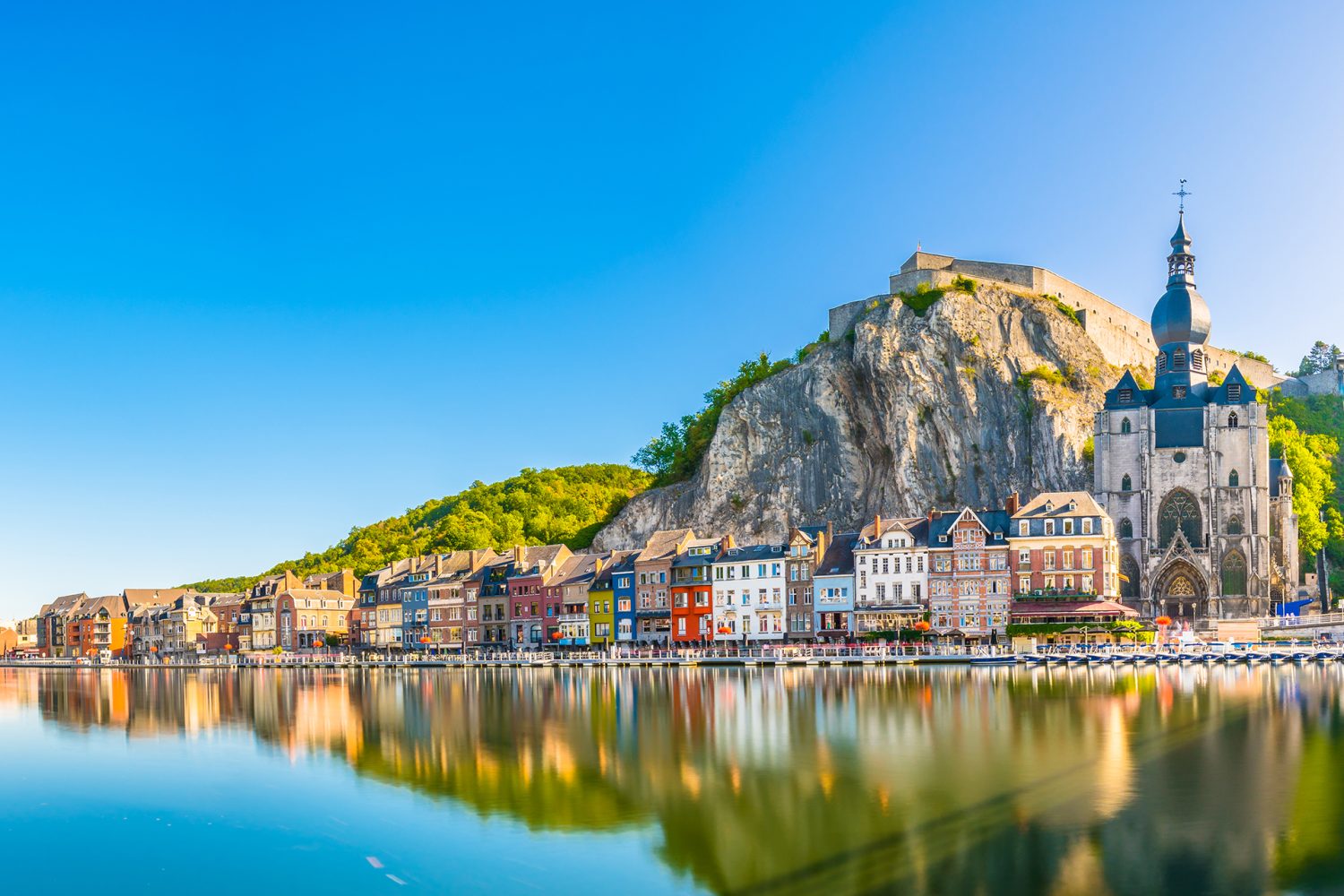
Diana Weber
Lawyer of international law
Rating:
20
December
Immigration to Poland for Permanent Residence
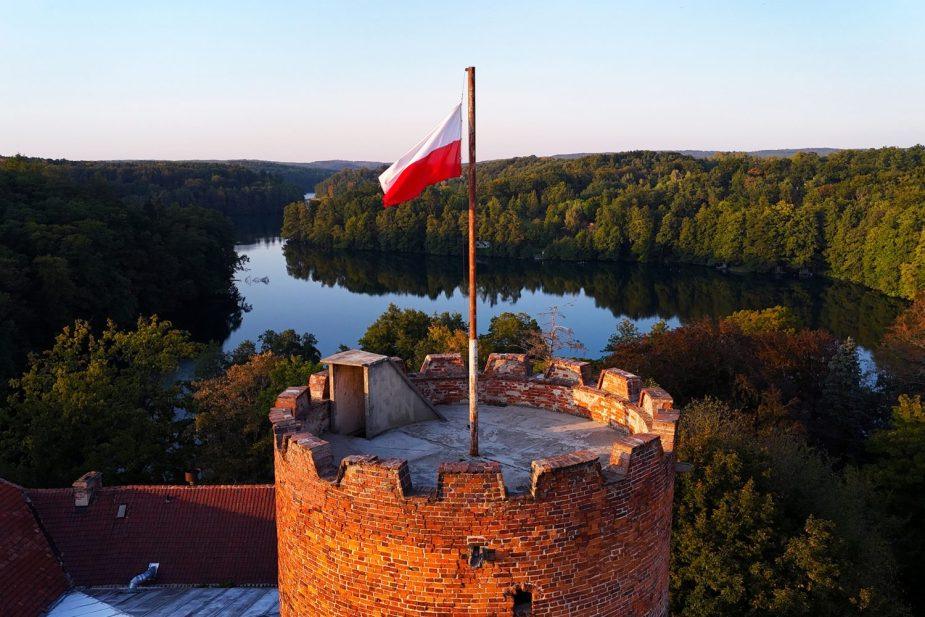
Moving to Poland usually starts with opening a national visa on one of the grounds given in the local law “Ustawa o cudzoziemcach”. For example, you obtain an entry permit for reasons of employment, study, establishment of a business, reunion with relatives. Upon arrival, you can obtain a residence permit, and in the long term - permanent residence and citizenship. In total, it takes from 8 years from the moment of visa issuance to the submission of a request for a passport in the usual procedure of naturalization. The procedure can be accelerated for refugees, spouses of Polish citizens and those with Polish roots.
The Republic of Poland is a member of the European Union, so immigration here for permanent residence attracts the possibility of obtaining an EU passport. In 2026 with this document it is possible to visit without a visa more than 160 countries around the world, including popular destinations in North America and Asia. According to Directive 2004/38/EC, citizens of the European Union have equal rights throughout the entire territory of the association. This means that with a Polish passport you can move to your favorite EU state, officially work, study, do business, receive grants and social support.
You also have the right to live in Poland without any time limit and without searching for immigration grounds if you hold a passport of any of the EU countries. With the help of migration lawyers, it is possible to become an EU citizen within 4-6 months. To learn more, make an appointment for a free consultation with an Immigrantinlaw specialist.
Submit an application form and we'll get back to you!
To go to Poland with the prospect of naturalization, you must first find a legal basis for moving, obtain a visa and a residence permit. The migration policy of the republic is quite demanding, and the list of reasons for which you can stay here for permanent residence is limited.
The easiest way to immigrate to Poland is for those who have an ethnic background. You can become a repatriate if your ancestors were evicted from the territory of the Republic of Poland and you were permanently residing in the Asian part of the former Soviet Union at the beginning of 2001. You are entitled to apply for citizenship in an accelerated procedure if you are able to support yourself.
It is also possible to obtain a Pole card if you have or have had citizenship in your family up to the 4th generation. You will need to prove that you know the national language and cultural peculiarities of the country. The Pole card allows you to move to Poland and immediately obtain a Polish residence permit, and after 12 months - to apply for citizenship.
A residence permit is granted to those who become a student at a Polish university, including those who participate in international exchange programs. You must be able to pay for your studies, housing and living expenses from your own resources. A residence permit issued on the basis of studies does not entitle you to apply for permanent residency and citizenship. However, you can complete your studies, find a vacancy in the country, apply for a resident employment card and thus stay in the state.
You can move to live in Poland through employment in a local company. Your contract should last more than 3 months and your salary should be not lower than the minimum salary in the country (990 EUR in 2024). Specialists with high qualifications are eligible for Niebieska karta UE (EU Blue Card) - a residence permit with special privileges such as family immigration and work within the European Union. For this you need to sign an employment contract for at least a year and receive from one and a half average salaries in the country (approximately 2800 EUR per month). The status of permanent/long-term resident is formalized 4-5 years after the move.
Emigration from other countries to Poland is possible for those who plan to conduct business activities in the country. A residence permit is granted if your company already demonstrates financial stability (for example, you have obtained a business visa and managed to realize your project after moving to Poland). The right of residence is granted if you prove that you have the means to develop a successful enterprise, which in the long term will benefit the economy of the republic. Businessmen can obtain long-term residency 5 years after moving.
Spouses of Polish citizens can open a residence permit through marriage, and after 24 months after the move - to apply for a residence permit card. In this case, you must be in an official family union, which is recognized by the laws of the Republic, for at least 3 years. Naturalization is possible after 4 years after moving with a residence permit. For husbands and wives of immigrants who are in the country with a permanent, temporary or long-term residence permit, all procedures take place in the usual way.
You can move to Poland with a close relative who lives here as a refugee on the basis of a permanent residence permit, a long-term resident card or an immigration-type residence permit (issued for work, business, research). You must prove family ties with a marriage or birth certificate. Reunification is approved if you have a place to live in the country and funds to support yourself. After 5 years after immigration, you can count on a permanent residence permit, provided you are financially independent.
The right to reside in Poland for humanitarian reasons is granted to those who prove that they cannot safely stay in their home country and enjoy its protection. For example, the applicant left because of military actions or because he or she was sentenced to death. Each case is studied by migration and law enforcement authorities on a personal basis, but not all requests are approved. After 5 years after moving as a refugee it is possible to obtain a permanent resident card, and after another 2 years - to request citizenship.
Immigration to Poland through the purchase of residential or commercial properties there is not possible. However, the presence of purchased real estate in the republic will help to get approval on other grounds. Almost always there is a requirement to potential residents to prove presence of housing in the country. Buying a house or apartment meets this condition and confirms your financial solvency.
Submit an application form and we'll get back to you!
In general, to move to Poland you need to:
For immigration purposes, you apply for an entry permit to Poland, even if you can freely visit it under the visa-free agreement. You need to apply in person to the Visa Center or Polish Consulate in your home country and submit:
You also should to attach documents proving the purpose of your stay on Polish territory. Examples: certificate of enrolment in a university, work contract or civil status certificates. Migration authorities study the request within 6-30 days and, if approved, give you a passport with a visa sticker.
With a long-term visa you move to Poland and can live here until it is revoked. No later than on the last day of validity of the entry permit, you need to apply for a temporary residence permit at the Foreigners' Service Center of the local voivodeship. You will need to submit a dossier according to the grounds for the temporary residence permit (usually the same as those required for a visa), pay an administrative fee, be fingerprinted and photographed.
The Polish residence permit is valid for a maximum of 3 years and can be renewed if you still have a reason to live in the country. The re-issuance procedure repeats the initial opening of the residence permit. For permanent residence in the Republic, foreigners are issued one of two types of documents:
Both permits in Poland are issued for an indefinite period of time. The EU long-term resident card itself is valid for 5 years, the permanent residence permit - for 10 years, they are subject to renewal without additional conditions. With these documents you can stay in the republic without time restrictions, you no longer need to extend your status and retain the basis for residence. You also receive virtually all the rights of a citizen, except for participation in the political life of the country and work in certain public positions.
You can apply for Polish citizenship through the general naturalization procedure after living in the country for 3 years or more with a permanent residence permit or a long-term resident card. You need to have a permanent legal income and the right to occupy a residential space in the Republic (e.g., buy or rent an apartment). You also prove your knowledge of the national language at the level B1 with a special certificate. The application is sent to the local voivode - by post or by personal visit. The request is examined within two months. If approved, you become a citizen and can apply for an EU passport.
EU citizens do not need to follow all the above steps: it is enough to come to Poland and register your place of residence in the chosen voivodeship. You can apply for a second EU passport for immigration purposes without a long waiting period, without taking an integration exam and without large investments. Contact an international legislation lawyer at Immigrantinlaw to find out more details.
The quality of life index in Poland, according to Numbeo research, is 153 points, i.e. high. In the world prosperity ranking The Legatum Prosperity Index, the republic ranks 37th out of 167 possible places. The country shows strong economic growth, including a steady increase in GDP. The minimum monthly salary here is about 1000 EUR. The average income of the population is 1900 EUR before taxes. At the same time, one person in the republic needs about 700 EUR per month to live, excluding real estate expenses.
Due to the combination of high salaries and affordable prices, the purchasing power index in Poland is very high - 94 points out of 100 possible. This means that even people with minimal income can afford everything necessary for a comfortable life. For example, a grocery basket for a day here will cost about 10 EUR per person, and the quality of goods is controlled by strict internal regulations of the European Union. Renting a one-bedroom apartment starts from 500-700 EUR per month, utilities - 150-250 EUR, which is much cheaper than in some Western European countries.
The advantages of immigrating to Poland include the ability to easily travel around Europe, including without a Schengen visa, as well as:
Poland also has certain disadvantages:
Immigrantinlaw's specialists can help you to learn more about the specifics and chances of immigrating to Poland. Our specialized lawyers have up-to-date information and help you move to European countries under simplified conditions.
Get more information about the peculiarities of immigration to the EU at a free consultation
From June 1, 2025, Poland introduced a series of changes concerning the acquisition of EU long-term residence (Permanent Residence / EU Long-Term Resident Permit). These include updated forms, revised residence periods, stricter income requirements, and tighter documentation rules.
The year 2025 significantly tightened income requirements, introduced a new application form, abolished the Labor Market Test in many cases, and improved the rules for counting residence in other EU countries. Applicants aiming for permanent residence should prepare a complete set of documents and comply with the new forms and standards.
You will not be able to obtain a permanent residence in Poland if you are in the country illegally or do not meet at least one of the conditions for its granting. The request is rejected in the interests of the Republic, for reasons of national security and public safety. Refusal is given to those who provide false information about themselves, conceal facts important for the consideration of the request, provide forged or incorrectly executed documents. Also, the application is not approved if you have previously violated the law, are listed in the Schengen information system as an undesirable person, have tax debts in the country.
For a comfortable and guaranteed immigration to Poland, it is worthwhile to enlist the support of specialized lawyers. Specialists of international law will choose the optimal relocation program for you, taking into account your wishes, budget, peculiarities of the dossier and biography. Step-by-step legal support and delegation of most of the tasks to a lawyer gives you the opportunity to have no doubts in successful obtaining of European documents. In order to move to the territory of the European Union as early as 2026, it is worth signing up for a free consultation with an Immigrantinlaw migration specialist.
How to Get Slovenia Сitizenship
16 January
Applicants can obtain Slovenia citizenship by naturalization programs (ordinary or accelerated), through the restoration of previously lost status, or on...
How to Get Сitizenship of Bulgaria
25 March
Bulgarian citizenship is a status that confirms the relationship of a natural person with this country, expressed in the presence...
How to Get Сitizenship of Romania
6 January
Romanian Citizenship is a status that confirms the relationship of an individual with this state, and is regulated by the norms...
Obtaining Latvian Residence Permit for Foreigners
18 January
A Latvian residence permit is applied for by those who plan to reside in Latvia for more than 3 consecutive...
How to Get Citizenship of France
6 December
French citizenship is the legal relationship between you and the country. This status endows you with a certain list of...
Immigration to Belgium for Permanent Residence
17 July
Permanent residence in Belgium is issued to foreigners who have a documentary right to permanently reside in the state. You...
Discover
new opportunities
with a European Union passport!
Submit the application form and we will call you back!
Leave a request
Contacts
